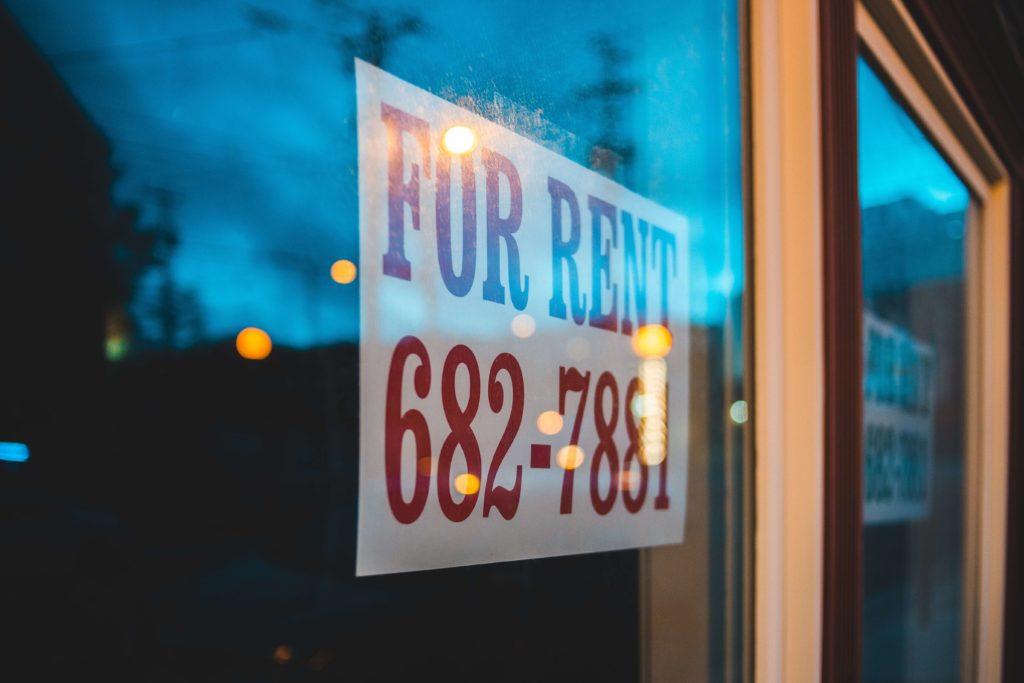When I work with people who are open to business ownership, they tend to land in one of two camps:
- They love the idea of not having to report to someone else and begin in control of their time and future.
- They are scared to death of being in charge and having everything depend on them.
I call this the Liberation/Intimidation Factor. It’s something I discuss with every client at some point.
The most important part of the LI Factor is this: you need to see both sides if you want to succeed in business ownership. If I get a client who is ready to dive in and has no concerns about the responsibilities that life ahead, we take a pause to consider those. If the client can’t get past the intimidation portion to see the benefits, they won’t have the vision that will help them stick with it when things get challenging.
Starting a business – whether from the ground up or getting into a license or franchise arrangement – is a commitment at least as serious as buying a home. It’s typically one of the largest investments you’ll make, and as with home ownership, there are both positive and negative components.
Home ownership vs. renting is a good analogy for business ownership
In fact, home ownership vs. renting is a good analogy for business ownership. Think of home ownership being like business ownership, and working for someone else being like renting:
Here are a few examples:
- One of the greatest benefits of home ownership is the ability to build equity over time while getting a nice tax write-off. Business is the same – as the business grows it is worth more and there are numerous tax write-offs available.
- Renting doesn’t build equity or provide a tax shelter, much like working for someone else.
- Owning a home means that when you need a new roof or a sprinkler breaks or the kitchen faucet starts to leak, you pay for that. When you own a business, you’re responsible for all the costs: inventory, any assets (office, vehicles, employees, benefits, etc.)
- Renting means the landlord pays, just like an employer pays (in part) for health insurance, office space, and any equipment necessary to do your job.
- Home ownership means that you live there as long as you choose to (and make your mortgage payments). Business ownership means you run the business as long as you want (if you are making enough profit to sustain it). You also get to decide how much you want to pay yourself (again, based on profit).
- Renting means the rent can go up, and you can be evicted if the building is sold or you violate rules. You have little to no control. Being an employee is the same: your pay, work hours, time off, etc. are all controlled by someone else, and when they decide it’s time for you to go, you go.
Home ownership is the American dream, even with all its pitfalls and challenges. That’s because we all know about the tax benefits, the equity growth, and our ability to decide how long we stay.
Maybe if more people thought about business ownership in terms of the benefits – even considering the drawbacks – more people would start businesses. But the misinformation persists, and even without out it, business ownership isn’t the right move for everyone – or even most people.
The best thing to do is also similar to buying a house: find an expert to show you what matters and help you in your search.
Like a real estate agent, I clients don’t pay for my services. Interested in exploring the options? Let’s talk.


